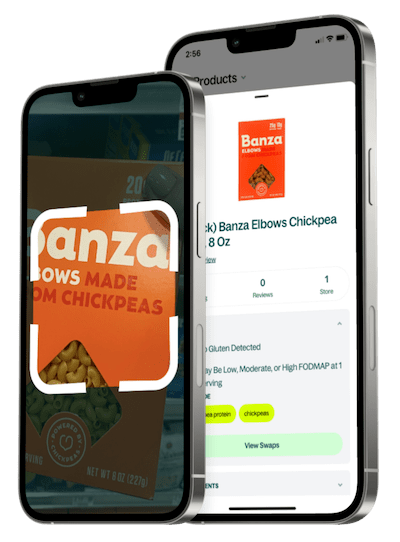Is Pepperoni Pizza Vegetarian?


Ingredients
enriched flour (wheat flour, malted barley flour, niacin, iron, thiamine mononitrate, riboflavin, folic acid), water, pepperoni (pork, beef, salt, 2% or less of spices, dextrose, lactic acid starter culture, oleoresin of paprika, sodium ascorbate, flavoring, sodium nitrite, BHA, BHT, citric acid), reduced fat mozzarella cheese (pasteurized part skim milk, nonfat milk, modified food starch, cultures, salt, vitamin A palmitate, enzymes), vegetable oil (soybean oil and/or palm oil), water, soybean oil and/or palm oil, margarine (palm oil, water, soybean oil, salt, mono , diglycerides, sodium benzoate and citric acid, soy lecithin, potassium sorbate and citric acid as preservatives, annatto and turmeric color, vitamin A palmitate added), salt, modified food starch, 2% or less of sugar, modified food starch, dough conditioner blend (calcium sulfate, salt, L-cysteine hydrochloride, garlic powder, enzymes), yeast, citrus fiber, dried garlic, dried onion, maltodextrin, citric acid, whey, potassium salt, soy lecithin, spice, paprika, natural flavor, dried egg whites, oleoresin color, dried egg whites
What is a Vegetarian diet?
A vegetarian diet eliminates meat, poultry, and fish but typically includes dairy, eggs, and plant-based foods. People adopt it for ethical, environmental, or health reasons. This diet emphasizes fruits, vegetables, legumes, grains, nuts, and seeds as key nutrient sources. Vegetarians often get protein from eggs, tofu, beans, and lentils. It can offer health benefits such as reduced risk of heart disease and improved weight management, though attention should be given to nutrients like iron, zinc, and vitamin B12. With proper planning, a vegetarian diet can be both nutritionally complete and sustainable.


